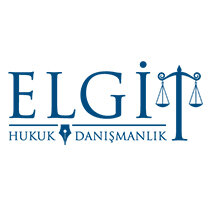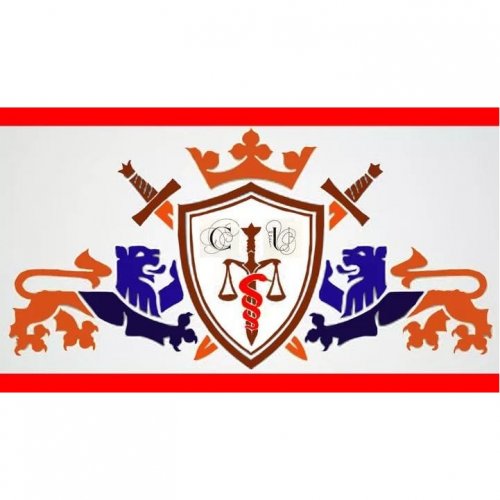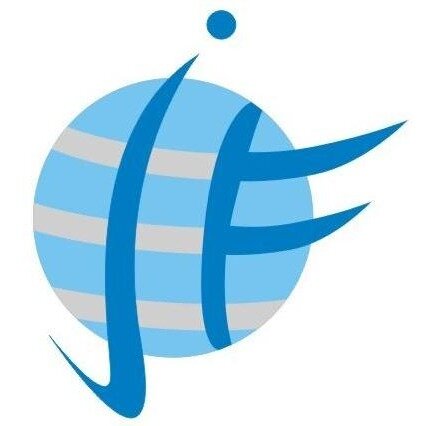Best Licensing Lawyers in Turkey
Share your needs with us, get contacted by law firms.
Free. Takes 2 min.
Or refine your search by selecting a city:
List of the best lawyers in Turkey
About Licensing Law in Turkey
Licensing law in Turkey governs the granting of permission by one party (the licensor) to another (the licensee) to utilize certain intellectual properties, such as trademarks, patents, copyrights, or technology. This legal framework is crucial for protecting the intellectual property rights of entities and individuals while facilitating business activities and technology transfers. Licensing agreements in Turkey are subject to specific regulations and must adhere to Turkish Intellectual Property Law, ensuring that both parties' rights and obligations are balanced and legally enforceable.
Why You May Need a Lawyer
Engaging a lawyer can be essential in navigating the complex landscape of licensing in Turkey. Situations where legal expertise might be necessary include:
- Negotiating licensing agreements to ensure your rights and interests are protected.
- Ensuring compliance with local and international licensing regulations.
- Protecting intellectual property rights from unauthorized use or infringement.
- Pursuing legal recourse in cases of breach of licensing agreements.
- Understanding tax implications and financial terms within licensing agreements.
- Translating and adapting foreign licensing agreements to comply with Turkish laws.
Local Laws Overview
The key aspects of Turkish licensing law encompass the protection and transfer of intellectual property through licenses. Major considerations include:
- The Industrial Property Code, which regulates patents, trademarks, designs, and geographical indications.
- Recognition of both exclusive and non-exclusive licenses, affecting control over the licensed asset.
- The necessity for registration of some types of licenses to be valid, particularly in patent rights.
- Contractual obligations and the enforcement of terms agreed upon by the licensor and licensee.
- Compliance with competition law to prevent anti-competitive practices.
Frequently Asked Questions
What is a licensing agreement?
A licensing agreement is a legal contract between the licensor and licensee, allowing the licensee to use certain intellectual property under specific terms and conditions agreed upon by both parties.
Do licensing agreements need to be registered in Turkey?
While not all licensing agreements require registration, some, such as patent licenses, must be registered with the Turkish Patent and Trademark Office to be enforceable against third parties.
What types of licenses are there?
Licenses can be exclusive, granting rights to only one licensee, or non-exclusive, permitting multiple licensees to use the intellectual property. The choice impacts control and exclusivity.
Are there any restrictions on license terms in Turkey?
License terms should comply with Turkish contract law, and they must not violate competition laws. Restrictions are evaluated based on fairness and the impact on the market.
How can I protect my intellectual property in Turkey?
Register your IP with the relevant authorities, use licensing to control usage, and enforce your rights through legal mechanisms when necessary.
Can licensing agreements include territories outside Turkey?
Yes, licensing agreements can be international, but you must ensure compliance with legal requirements in each jurisdiction involved.
How is licensing tax handled in Turkey?
The taxation of licensing agreements depends on the terms and nature of the rights licensed; consulting with a financial expert is advisable to ensure compliance.
What happens in case of a breach of a licensing agreement?
Breaches can be resolved through negotiation, mediation, or legal action, depending on the severity and terms of the breach. Legal advice is critical in these situations.
How can I avoid disputes in licensing agreements?
Clear, comprehensive, and well-drafted licensing agreements, with detailed terms, rights, and obligations, can help minimize misunderstandings and disputes.
Is it possible to terminate a licensing agreement early?
Termination terms should be laid out in the agreement itself. If early termination is needed, this must usually comply with agreed conditions or legal grounds.
Additional Resources
Several resources and organizations can provide further assistance or information on licensing in Turkey:
- Turkish Patent and Trademark Office (TÜRKPATENT)
- Ministry of Industry and Technology
- Chambers of Industry and Commerce
- Turkish Bar Association for legal aid services
Next Steps
If you require legal assistance in licensing, consider the following steps:
- Consult with a lawyer specializing in licensing law to discuss your specific needs and circumstances.
- Gather necessary documentation related to your intellectual property and any existing agreements.
- Discuss potential outcomes, legal strategies, and costs involved with your legal counsel.
- Consider alternative dispute resolution methods like mediation or arbitration if facing a conflict.
Lawzana helps you find the best lawyers and law firms in Turkey through a curated and pre-screened list of qualified legal professionals. Our platform offers rankings and detailed profiles of attorneys and law firms, allowing you to compare based on practice areas, including Licensing, experience, and client feedback.
Each profile includes a description of the firm's areas of practice, client reviews, team members and partners, year of establishment, spoken languages, office locations, contact information, social media presence, and any published articles or resources. Most firms on our platform speak English and are experienced in both local and international legal matters.
Get a quote from top-rated law firms in Turkey — quickly, securely, and without unnecessary hassle.
Disclaimer:
The information provided on this page is for general informational purposes only and does not constitute legal advice. While we strive to ensure the accuracy and relevance of the content, legal information may change over time, and interpretations of the law can vary. You should always consult with a qualified legal professional for advice specific to your situation.
We disclaim all liability for actions taken or not taken based on the content of this page. If you believe any information is incorrect or outdated, please contact us, and we will review and update it where appropriate.
Browse licensing law firms by city in Turkey
Refine your search by selecting a city.
















